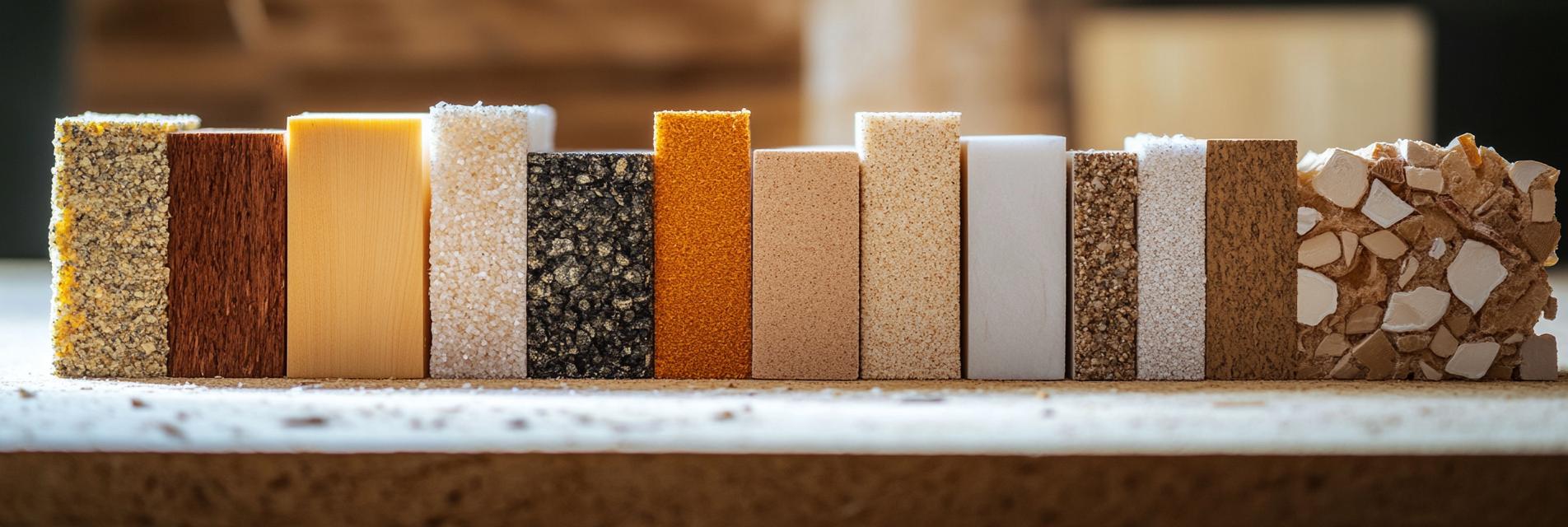In the realm of industrial applications, the choice of materials is paramount, particularly for items exposed to elevated temperatures. Refractory materials are specially designed to withstand extreme heat, and their performance can significantly influence the efficiency and safety of industrial processes. One of the critical factors that dictates the performance of these materials is the selection of binders.
Binders are substances used to hold refractory particles together, forming a cohesive mass. The choice of binder affects various aspects of the material, including its strength, thermal stability, and overall performance under high-temperature conditions. Binders not only influence the physical properties of refractory materials but also play a crucial role in their chemical resistance and durability.
The type of binder selected can greatly affect the thermal conductivity and mechanical strength of refractory materials. For instance, some binders enhance the structural integrity at high temperatures, while others might promote better thermal insulation. A careful analysis of the intended application is essential for optimal performance.
When choosing a binder for refractory applications, several factors must be considered:
In summary, the selection of the appropriate binder is crucial for the performance of refractory materials. Understanding the specific requirements of your application and the properties of various binders will lead to better material performance and improved industrial efficacy. Careful consideration during the selection process ultimately enhances the durability and efficiency of materials in high-temperature environments.

